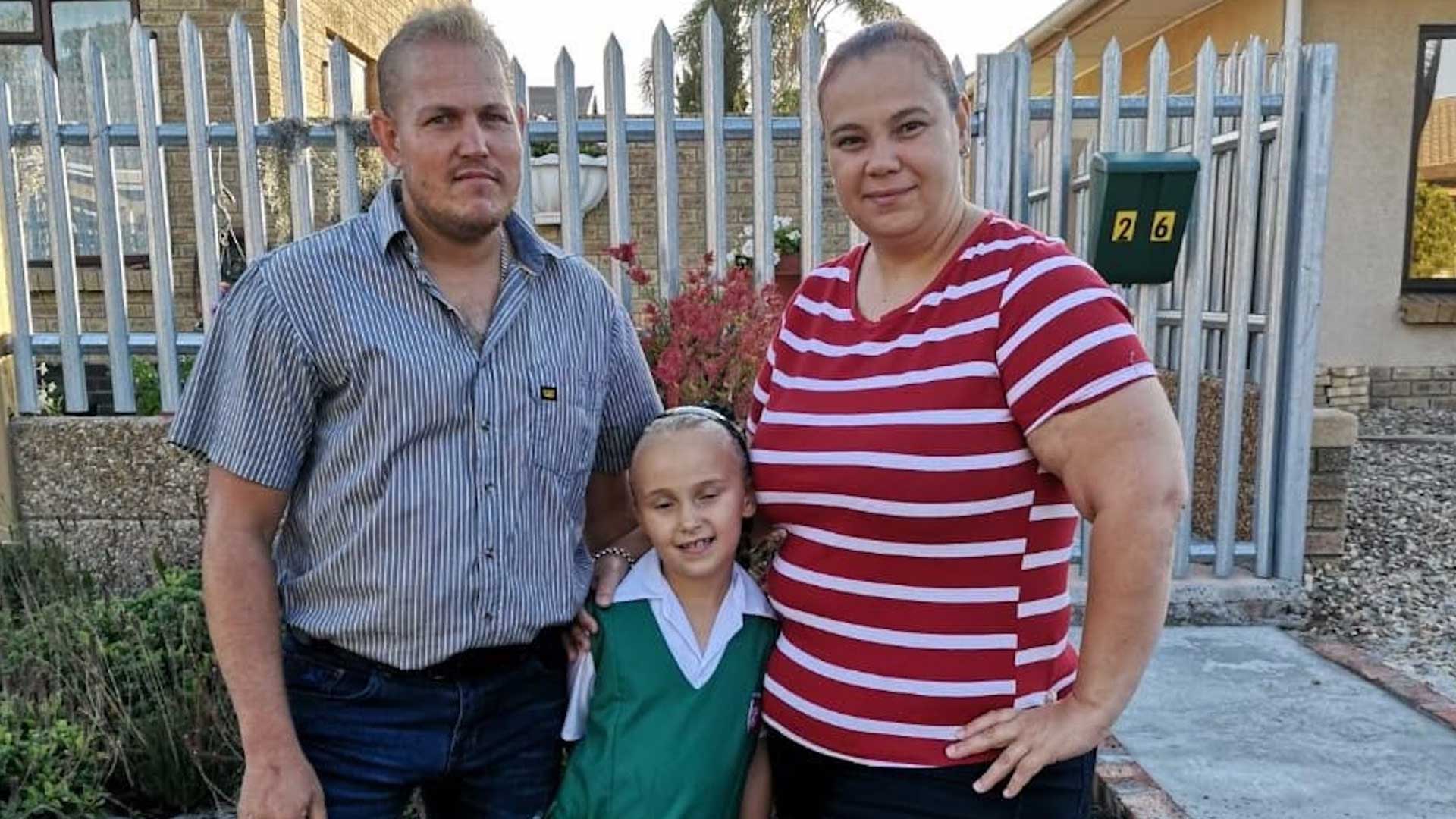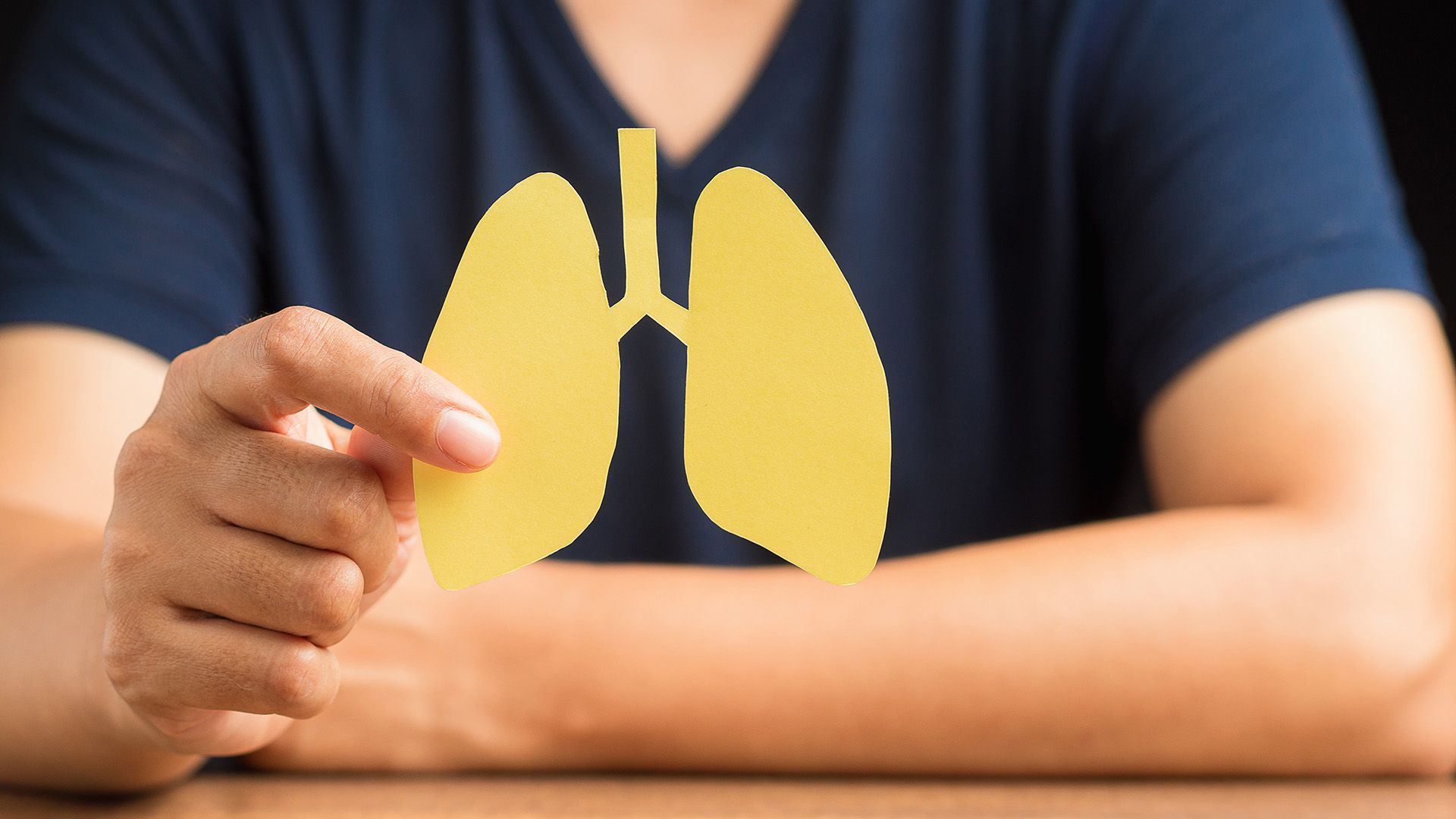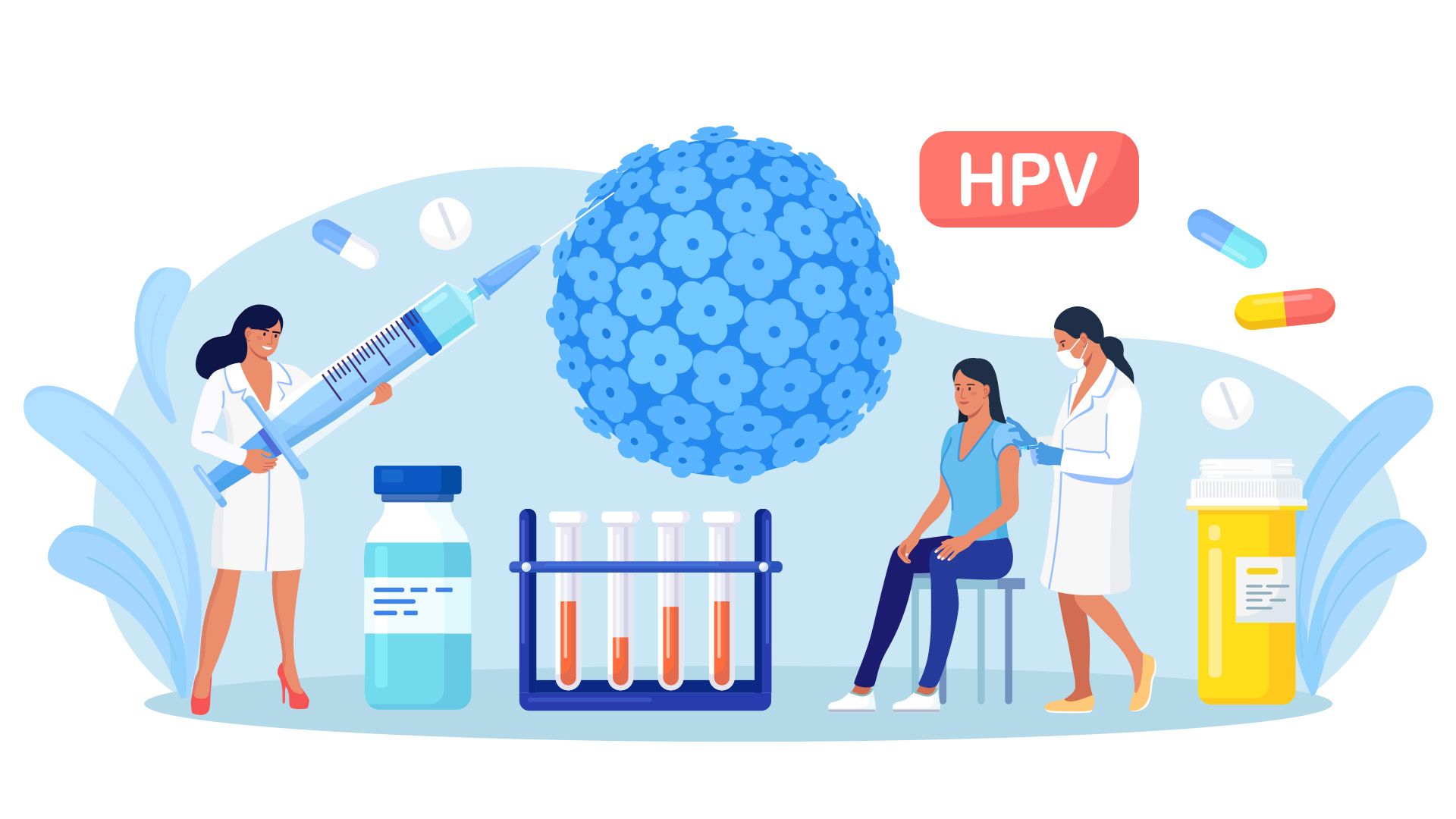Electrician’s life recharged in a first for SA
Johan van Wyk recently became the first person in South Africa to have the latest state-of-the-art mechanical heart device implanted at Netcare Christiaan Barnard Memorial Hospital.
He is pictured with his wife, Alicha, and daughter, Dihante.
State-of-the-art heart pump device the final option for young father
Almost 10 years after being diagnosed with heart failure at the age of only 29, qualified electrician Johan van Wyk is regaining strength after becoming the first person in South Africa to have the latest state-of-the-art mechanical heart device implanted in his chest. With no donor heart available for the life-saving transplant he desperately needed, new technology provided the final option for the young father and husband.
“You never know what an asset your health is until you are put in a situation like this,” says Johan, now 38. “It came as a real shock to discover that I had a serious heart problem at such a young age.”
Earlier this year, Johan and his family were devastated when his health suddenly sharply deteriorated, placing his life at major risk and robbing him of all physical energy.
“Johan just could not wait anymore. His heart failure had reached end stage and a suitable donor heart could not be found for a transplant,” says Dr Willie Koen, world renowned cardiac and transplant surgeon and pioneer of ventricular assist device (VAD) implantation in South Africa.
In a first for South Africa at Netcare Christiaan Barnard Memorial Hospital (NCBMH) in Cape Town, Dr Koen assisted by cardiac surgeon Dr Loven Moodley, performed the procedure to insert a tiny device, known as the Abbot HeartMate 3™ LVAD left ventricular assist device, next to Johan’s heart on 18 June.
“The device replaces the function of the failing heart muscle, pumping the blood around the body to provide vital circulation. Previously, VADs have mainly served as a temporary option to keep a patient alive until a heart transplant could be performed. Technological advances in VADs have increased the longevity of these devices, increasingly supporting their use as a potential long-term solution for heart failure,” says Dr Koen, who has been performing VAD implant surgery for some 20 years.
“Finding matching donor hearts has been even more challenging during COVID-19, and with heart transplants there is the additional concern that patients need to be on immunosuppressants and are therefore more vulnerable to developing severe COVID-19 complications. Immunosuppression is not required, however, for implantation of a mechanical heart pump such as this.”
While the LVAD component that pumps the blood is implanted within the patient’s chest, it is connected by a driveline, which protrudes through the abdomen, to a controller and battery pack outside the body. Several charging options and back-up batteries provide power to the Heartmate 3 LVAD device, ensuring that even in the event of loadshedding or power cuts the patient still has plenty of battery life to sustain the device’s operation.
In addition, the device records clinical data that the treating specialist needs for monitoring the patient’s condition remotely.
“My wife and I have had a tough emotional journey, but we believe that the Lord will not put you in a situation that you can’t handle. We take one day at a time and we appreciate every day,” Johan says.
“The thing I have missed the most is spending time in nature. I used to really enjoy hiking, and it was nothing for me to go for a 10km or 15km walk before my heart problem. “In the months before I had this operation, I would become exhausted walking just a few steps. It has been only two months since I had the mechanical heart pump implanted, and already I can walk one or two kilometres, and I am building up slowly as part of my therapy,” Johan says.
“The device is electrical and I can’t get it wet, so I can’t bath or swim, but this is a small compromise that is giving me the chance to have a new life. I have more energy, and I’m starting to notice I can do things again that my body just couldn’t manage previously.”
“Heart failure is a progressive condition, and in Johan’s case it had reached the stage where his life was at considerable risk. Often such patients repeatedly have to keep going back to the intensive care unit because their health is so precarious.
“It was extremely fortunate that this new generation Heartmate 3 LVAD was available when Johan needed it, and there is every hope that this young man will have a good quality of life again and many more years with his family, even if a donor heart does not become available for him,” Dr Koen says.
When a former patient who had an early version of a VAD known as a Berlin Heart fitted when his heart failed some 18 years ago, it was considerably bulkier and remained outside his body. When the patient died of cancer recently, his family expressed their gratitude for the many extra years the device afforded them with their loved one.
“This field of electromechanical cardiac assistance is advancing all the time. Moving to this latest technology as a long-term option makes it possible for patients with heart failure to regain their mobility and independence, to return to work and participate in family activities once more – potentially for decades or long enough for a patient who has a young child to see their grandchildren take their first steps,” Dr Koen says.
“We are already working towards future developments and soon it may become possible for VAD devices to be entirely implantable, including all the necessary components and batteries that can be wirelessly recharged.”
“Dr Willie Koen and the multi-disciplinary team have introduced yet another pioneering treatment. Procedures such as this one demonstrate the living legacy of Professor Christiaan Barnard in a time of rapid technological progress, and on behalf of all of us at Netcare Christiaan Barnard Memorial Hospital, we wish Mr Van Wyk every strength for his continued recovery,” concludes Dr Louis van der Hoven, general manager of the hospital.













